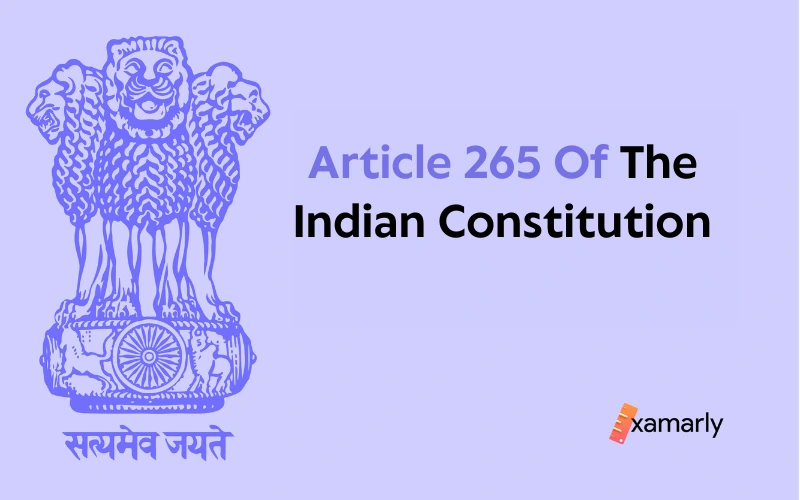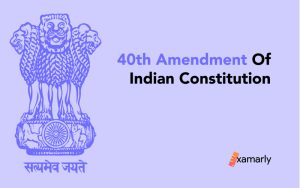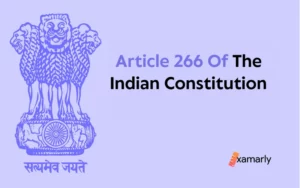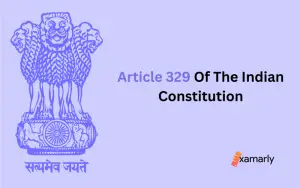Do you know what Article 265 of the Indian Constitution says? It establishes an important provision about taxation in India. Far from being a dry legal clause, this article has real consequences for people’s lives and standards of living. Understanding this article is a powerful way to protect yourself from unfair taxes.
The Constitution of India came into effect on January 26th, 1950. The Constitution was created to ensure protection for all citizens and guarantee their fundamental rights.
In accordance with Article 265 of the Indian Constitution, taxes may only be levied with legal authorization. This article defines a highly significant principle that no person in India can be subjected to any tax without following proper procedure as laid down by law.
In this piece, we will cover the provisions of Article 265 so that you can better understand its importance.
Article 265 Of The Indian Constitution
No tax may be imposed or collected unless authorized by law, according to Article 265 of the Indian Constitution.
Tax
Taxation is one of the most significant sources of revenue for the government. It is the amount that the government levies against individuals and businesses. For the advancement of the economy, it is crucial.
Each government levies two different types of taxes:
- Direct tax
- Indirect tax
Case Laws
Article 265 is an important provision that ensures that no taxes can be charged or collected in India except by the authority of law. It is an essential principle of the Constitution and is intended to protect citizens from arbitrary and excessive taxation and to ensure that taxes are levied and collected in a fair and transparent manner.
Tangkhul v. Simirei Shailei Case
In the Tangkhul v. Simirei Shailei case, all of the villages were paying the headman Rs 50 per day in place of a tradition to provide free labor for a day.
This was done every year and had been done that way for many years.
In this particular case, the Court decided that the amount of Rs. 50 was comparable to the collection of tax, and as no law had approved it, it was found to be in violation of Article 265.
When a tax is levied without legal authority, it constitutes a violation of Article 265.
Lord Krishna Sugar Mills v. UOI
In the case of Lord Krishna Sugar Mills v. UOI, the government instituted a promotion scheme in which sugar merchants were required to fulfill certain export targets; however, if they fell short of the targets, an extra excise charge was to be imposed on the deficit. The court stepped in at this point and ruled that the government lacked the legal right to levy this additional excise tax. In essence, this means that since the tax has not been approved by the Parliament, the government cannot impose it on its own.
Conclusion
Article 265 is an important provision that helps to ensure that the tax system in India is fair, transparent, and accountable and that citizens are protected from arbitrary and excessive taxation. It is a cornerstone of the fiscal system in India and is an essential part of the constitutional framework that governs the levying and collection of taxes in the country.
In the interest of further readings:
| Article 241 Of The Indian Constitution | Article 246 Of The Indian Constitution |
| Article 254 Of The Indian Constitution | Article 247 Of The Indian Constitution |
FAQs On Article 265
What is Article 265?
Article 265 of the Indian Constitution states that “No tax shall be levied or collected except by authority of law”.






